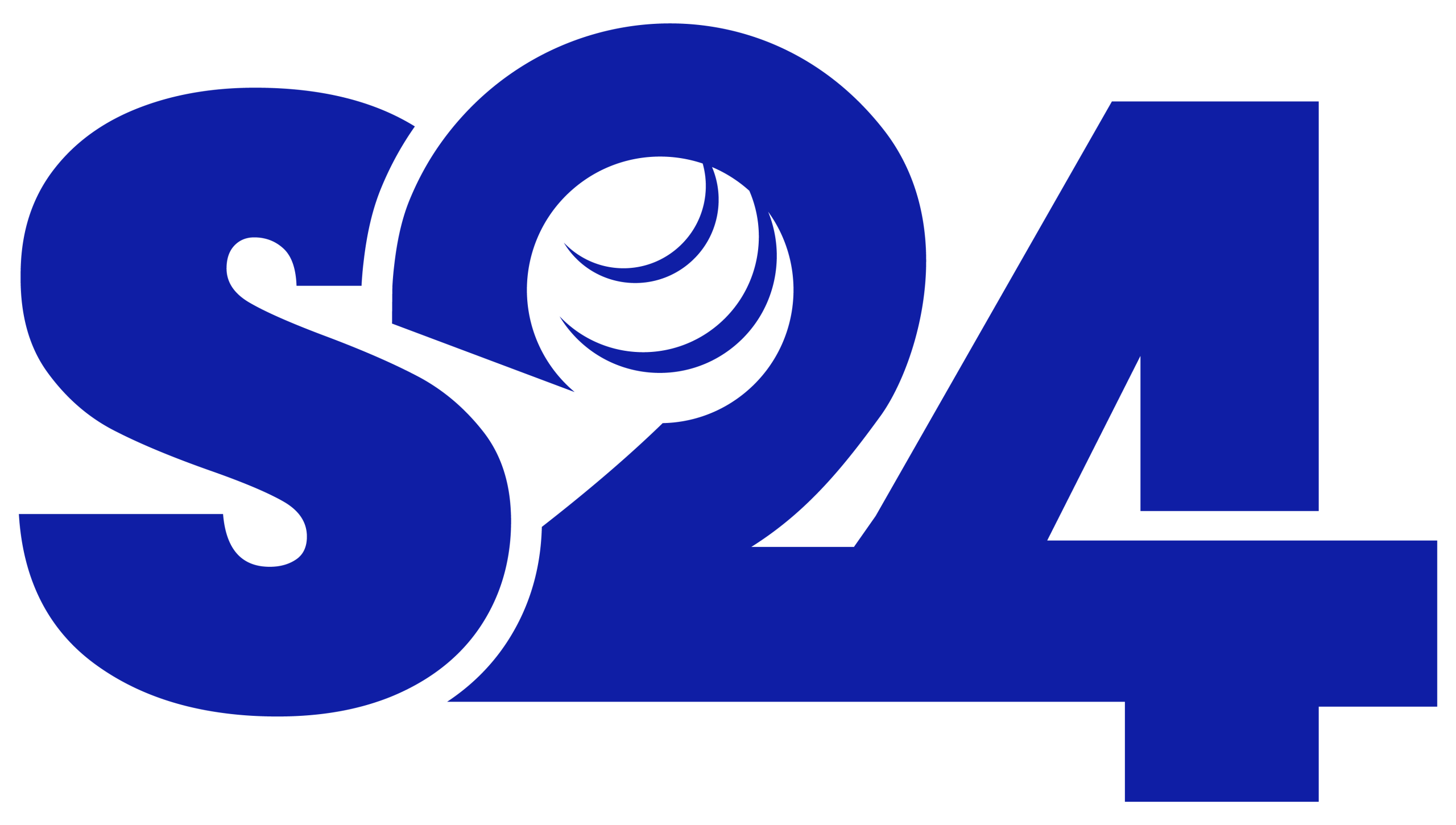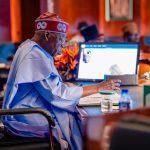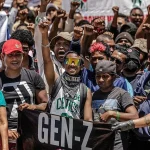By Kabiru Abdulrauf
Nigeria’s democracy rests on one promise that every vote counts.
But when the nation’s electoral umpire, INEC, is led by officials appointed by the President, many ask who really calls the shots?
By law, the President appoints the INEC Chairman and Resident Electoral Commissioners subject to Senate confirmation.
But here’s the concern: if the same executive arm that contests elections also picks the referees, can fairness truly be guaranteed?
Critics say this structure creates a conflict of interest, especially when the ruling party is on the ballot.
They point to moments when INEC’s decisions appeared politically influenced from delayed results to controversial cancellations.
Civil society groups and opposition parties are now calling for constitutional reforms urging that future appointments be handled by a multi-stakeholder panel, including the judiciary, legislature, and civil society, not just the Presidency.
Across the world, other democracies have done just that.
In India, a three-member committee involving the Prime Minister, Chief Justice, and Leader of the Opposition, appoints election commissioners.
In South Africa, Parliament conducts open interviews.
And in Ghana, civil society and the media play a role in public vetting.
INEC maintains it operates independently under the law, citing reforms like electronic result transmission as proof of neutrality.
But until its leadership process earns broader public trust, Nigeria’s democracy will keep walking a fine line, between independence and influence.








